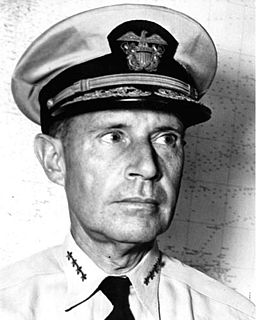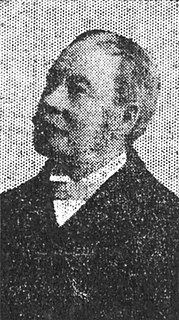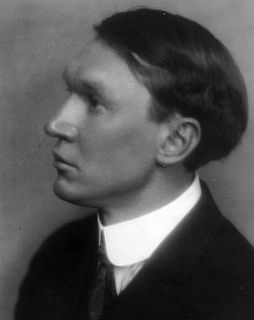A Quote by Thomas Paine
A man may write himself out of reputation when nobody else can do it.
Quote Topics
Related Quotes
The man who lies to himself can be more easily offended than anyone else. You know it is sometimes very pleasant to take offense, isn't it? A man may know that nobody has insulted him, but that he has invented the insult for himself, has lied and exaggerated to make it picturesque, has caught at a word and made a mountain out of a molehill--he knows that himself, yet he will be the first to take offense, and will revel in his resentment till he feels great pleasure in it.
Reputation is seeming; character is being. Reputation is manufactured; character is grown. Reputation is your photograph; There is a vast difference between character and reputation. Reputation is what men think we are; character is what God knows us to be. Reputation is seeming; character is being. Reputation is the breath of men; character is the inbreathing of the eternal God. One may for a time have a good reputation and a bad character, or the reverse ; but not for long.
First, the desert is the country of madness. Second, it is the refuge of the devil, thrown out into the "wilderness of upper Egypt" to "wander in dry places." Thirst drives man mad, and the devil himself is mad with a kind of thirst for his own lost excellence--lost because he has immured himself in it and closed out everything else. So the man who wanders into the desert to be himself must take care that he does not go mad and become the servant of the one who dwells there in a sterile paradise of emptiness and rage.




































